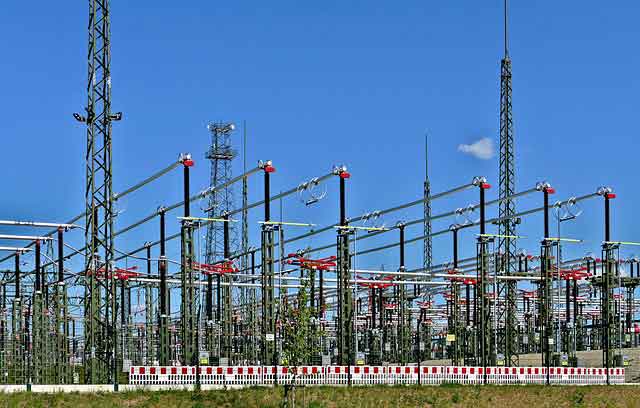OEL says safety comes second at IHSA
By Electricity Forum
Substation Relay Protection Training
Our customized live online or in‑person group training can be delivered to your staff at your location.

- Live Online
- 12 hours Instructor-led
- Group Training Available
“At the end of the day, worker safety is critical regardless of affiliation or lack thereof — why would this new organization exclude non-union and separate open shop and closed shop unions in these discussions?” asks Mary Ingram, OEL president.
The Ontario Electrical League calls upon the Workplace Safety and Insurance Board to institute the necessary changes to ensure fair representation between union and non-union on the IHSA advisory councils and board of directors.
“Although there are certainly some differences in philosophy on certain subjects between these groups (union and non-union), I am quite confident all parties can sit at the same table on the subject of keeping our employees safe at work,” adds Ingram.
The recently established IHSA is comprised of the Construction Safety Association of Ontario, the Electrical and Utilities Safety Association and the Transportation Health and Safety Association of Ontario and reports to the Workplace Safety and Insurance Board.
At a meeting on February 9, IHSA provided an outline of the terms of reference for the seven possible advisory councils which cover transportation, residential, general ICI, heavy civil and aggregates, mechanical, electrical and priority rates.
The councils will consist of eight members equality split between worker and management representatives, and other than the one representing priority rates, the terms of reference state that the four worker representatives will be from unions representing that particular sector. It should be noted that the IHSAÂ’s board is projected to have a mandated composition of nine unionized worker representatives and nine management representatives.
“As I understand it, the IHSA is funded by WSIB which is funded by employers, whether non-union, open shop or closed shop and is intended to get feedback from and provide support to employers and employees from all facets,” explains Ingram. “It seems as though the non-union employees will not be given a chance to act either in a decision-making capacity at the board nor even in an advisory capacity.”
The OEL, which consists of non-union, open-shop union and union employers and employees, finds this frustrating when IHSA noted that an advisory council should be comprised of a “broad base of knowledgeable individuals who have demonstrated leadership in health and safety or another discipline” and are committed to worker health and safety improvements and can provide advice and guidance “from many perspectives”.











